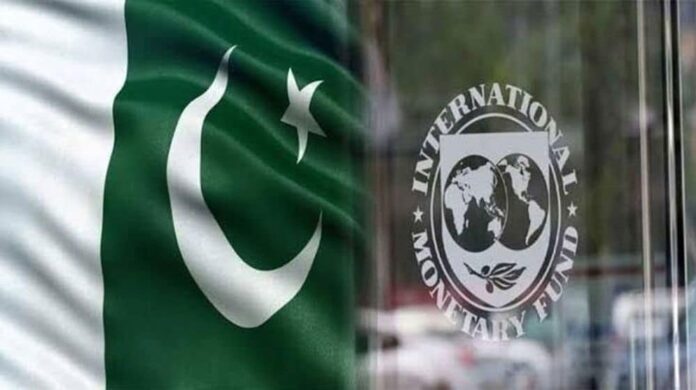Pakistan’s Finance Minister Miftah Ismail took to twitter to announce that IMF executive board has approved the revival of Extended Fund Facility Program for Pakistan and within 6 working days the $1.17 Billion Tranche will be received.
“Alhamdolillah the IMF Board has approved the revival of our EFF program. We should now be getting the 7th & 8th tranche of $1.17 billion. I want to thank the Prime Minister Shehbaz Sharif for taking so many tough decisions and saving Pakistan from default. I congratulate the nation.” – wrote Miftah Ismail.
Alhamdolillah the IMF Board has approved the revival of our EFF program. We should now be getting the 7th & 8th tranche of $1.17 billion. I want to thank the Prime Minister @CMShehbaz for taking so many tough decisions and saving Pakistan from default. I congratulate the nation.
— Miftah Ismail (@MiftahIsmail) August 29, 2022
Pakistan entered the IMF programme in 2019, during Imran Khan’s regime but struggled with completing loan disbursement conditions leading to halt to the program.
Pakistan had earlier reached a staff level agreement with IMF on July 14 which paved the way for further progress in Pakistan’s favor. It’s pertinent to mention here Pakistan and IMF had failed the talks earlier several times too before they Pakistan finally agreed to all of IMF demands.
Read more: Pakistan Reaches Staff-level Agreement with IMF
Meanwhile Shehbaz Sharif also took to twitter and lauded the minister and his team.
“The formal resumption of an IMF program is a major step forward in our efforts to put Pakistan’s economy back on track. It is outcome of an excellent team effort,” the premier said.
The formal resumption of an IMF program is a major step forward in our efforts to put Pakistan's economy back on track. It is outcome of an excellent team effort. I commend Finance Minister Miftah Ismail & his team and other stakeholders for their hard work.
— Shehbaz Sharif (@CMShehbaz) August 29, 2022
The IMF is likely to disburse about $1.17 billion to Pakistan within 6 days and may provide up to $4 billion over the remainder of the current fiscal year, which began on July 1.

























